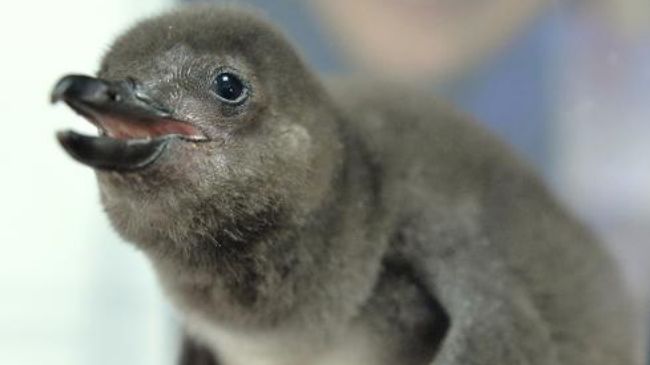Changing climate killing baby penguins: Scientists

Climate change, which leads to more extreme weather, is claiming the lives of baby penguins, a long-term study suggests.
The research, which was published in the journal PLOS ONE on Wednesday, said that drenching rainstorms as well as unusual heat have killed a large number of young Magellanic penguins at the bottom tip of South America.
The chicks that are very vulnerable when they are nine to 23 days old are also too big for their parents to protect and too young to have grown waterproof feathers.
If the youngsters get soaked they usually die despite the attention of their parents, scientists said.
The study revealed that over a 27-year period, an average of 65 percent of chicks died yearly.
About 40 percent of baby penguins starved to death while climate change was responsible for killing an average of seven percent of chicks per year.
However, changing climate killed 43 and 50 percent of all new chicks in two extreme weather years.
The research was conducted in Punta Tombo peninsula in Argentina, at the world’s largest breeding area for Magellanic penguins.
“It’s the first long-term study to show climate change having a major impact on chick survival and reproductive success,” said lead author Dee Boersma, who is a biology professor at the University of Washington.
Some 200,000 pairs of Magellanic penguins make their nests on the peninsula every year and stay there in arid conditions from September until February to hatch their young.
The number of storms at the breeding site in the first two weeks of December, when the babies are less than 25 days old, rose between 1983 and 2010.
“Penguins live in the desert and what’s really happening with these rain storms, they are turning their nests into swimming pools and they really don’t like to be wet,” added Boersma.
“We’re going to see years where almost no chicks survive if climate change makes storms bigger and more frequent during vulnerable times of the breeding season as climatologists predict,” added co-author Ginger Rebstock.
Meanwhile, in a separate research also published in PLOS ONE, scientists showed that changes in sea-ice have an impact on Adelie penguins in Antarctica.
They discovered that in normal conditions, the penguins have no problem in finding food at relatively low sea-ice concentrations. However, these penguins will face major difficulties in coping with infrequent, extreme environmental events such as the presence of giant icebergs.
Lead researcher Amelie Lescroel from the French National Center for Scientific Research said extreme environmental events “such as the calving of giant icebergs, can dramatically modify the relationship between Adelie penguins and sea ice.”







